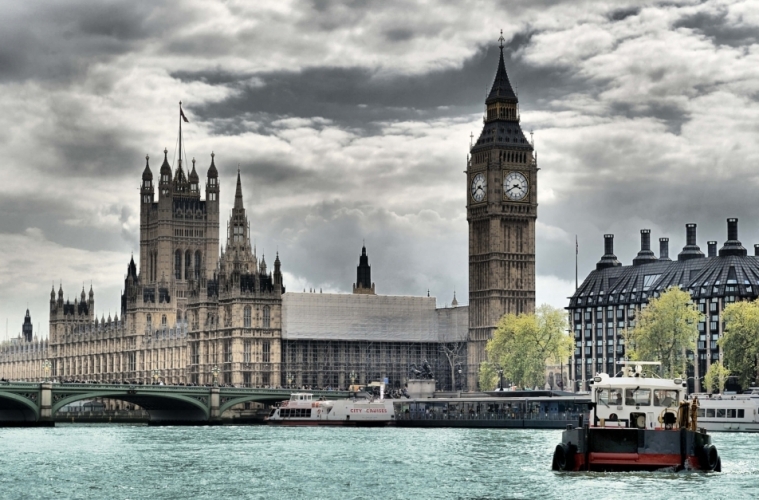Last week’s Super Thursday Bank of England policy extravaganza was once again a quixotic report on the state of the UK economy, but for all the focus that negative global economic issues are getting at the moment, there is still the very real prospect of an interest rate rise in the UK by the end of the year.
This is despite the fact that the only Committee member who was voting for higher interest rates is doing so no longer. Ian McCafferty has re-joined the pack and the vote was therefore unanimous to hold policy as is.
Within the Inflation Report we saw inflation and growth expectations lowered although expectations remain that inflation will hit the 2% target within the Bank’s forecast period. This is key for the Bank of England in its attempts to anchor the belief that a rate rise is forthcoming.
That is not to say that the press conference was an overly hawkish affair but continual emphasis that ‘the whole MPC thinks the next rate move will be up’ and that there is ‘not enough tightening in market path’ gives us confidence that traders betting that the Bank cuts rates by the end of the year will be proved wrong sooner rather than later.
Inflation remains depressed in the UK and although statistical base effects may boost the headline rate of price increases soon, it is wages that must be the driving force. It is too early to say if the payrolls report that showed a strong boost to US wages is the beginning of a trend Stateside, let alone hinting at something here, but the improvements in the labour markets of each country have been very similar.
We remain confident in our thoughts of a rate rise in November of this year.
Referendum Corner
The MPC has to remain apolitical but the risk around the referendum is such that it will be commented on in most, if not all, upcoming Bank of England communications. According to the release yesterday, the Bank believes that the recent pound declines may be down to the referendum risk. This speaks to our belief that a vote to remain may see a healthy rebound in GBP and subsequent sentiment in rather short order and that it is not too far of a leap to suggest that the Bank will feel a lot more comfortable hiking interest rates once the vote has been and gone.
Polls seen last week tend to suggest that the Brexit camp has a rather strong lead – as much as nine points according to Yougov. We would be unwilling to commit too much capital – emotional or otherwise – on the basis of these polls; the General Election proved that polls are mostly as valuable as the paper they are written on.
The week ahead
The overall tone from the Bank of England tied in with what we have been hearing from other central banks (the Reserve Banks of Australia and New Zealand in particular), that domestic growth and economic fundamentals are not to be panicked about but that headwinds from abroad are strong and unpredictable.
That being said, UK data due this week certainly has the ability to take the pound lower. Industrial and manufacturing production is expected to dip sharply in December courtesy of warmer weather and a subsequent low desire for utility generation. The numbers are due Wednesday morning.


